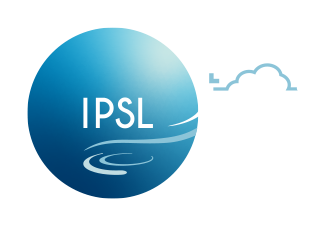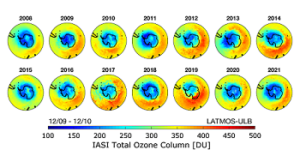Expert guidance:
The repository adopts mechanism(s) to secure ongoing expert guidance and feedback (either inhouse or external, including scientific guidance, if relevant)
The IPSL community is composed of active teams of scientists covering a palette of expertise in environmental sciences (climatology, physics, hydrology, planetology, etc.). ESPRI was created by pooling the in-house experts in IT from those various teams. At the heart of the IPSL laboratories, ESPRI engineers harmonize now the development of a mutualized and multi-site data archive and work in close relationship with scientific teams. Thus, environmental sciences have been and still are at the forefront of science data sharing.ESPRI has been one of the early pioneers in environmental data sharing, always developing a high level of expertise of its staff.
Since the beginning of ESPRI as such, continuity and further development have been fully ensured by new recruitments in the three teams of ESPRI. Human resources are now mutualized between ESPRI teams and strongly supported by the IPSL employment plan. The ESPRI steering committee is composed of the IPSL directorate and experts from two national infrastructures and two university observatories. Some designated power users are part of the ESPRI steering committee. They all meet every six months in order to evaluate whether the ESPRI roadmap meets the needs of our designated community. This committee provides a high level feedback on ESPRI strategy and activities in order to understand and to take into account users requirements efficiently. A report is systematically drawn up after each meeting and published on the ESPRI website. It includes the action plan and decisions taken during the committee.
ESPRI staff members are often invited to act as experts at the national, European and international levels. In the Earth System Grid Federation (ESGF), IPSL is co-chairing the Steering Committee while ESPRI sits at the Data Node Operation Team (CDNOT). ESPRI staff members are often invited to act as experts in European technical committees (IS-ENES, EOSC, ES-DOC) and international conferences (European/American Geoscience Union). The active participation of ESPRI in those committees provides direct access to good practices developed outside of ESPRI, in environmental sciences, and lively connection to the wider data sharing community.
ESPRI members are involved in the scientific committees of two French National Research Infrastructure for modeling (CLIMERI-France-France) and observational (DATA-TERRA) data dissemination. At a smaller local scale, ESPRI members gather into small working groups carrying out technical/science watches on different IT topics of interest (data catalog, Virtual Research Environment, etc.).
Feedback is also sought from the community, from presentations in meetings, to hands-on sessions organized during the yearly ESPRI training. ESPRI is also producing video tutorials: these tutorials are targeted at early-career IPSL scientists and engineers and include best practices and step-by-step usage of the services and tools by the participants for their own research projects.
The resulting ESPRI roadmap is discussed during an annual meeting with the IPSL External Scientific Council (or Science Advisory Board) and detailed in the IPSL “Strategic Digital Plan”
In addition to these face-to-face interactions, ESPRI staff keeps the community informed throughout its website. This website is under refining process for a more user-friendly interface facilitating the user guidance. A “Contact” link (corresponding to the email address meso-support@ipsl.fr) allows users to ask questions or provide comments to the user support. The feedback received via this “contact” link is managed by a subset of ESPRI staff, from which one person, on a knowledge basis, takes the responsibility to address the issue or dispatch each feedback to the relevant ESPRI person and follow the provided response.




